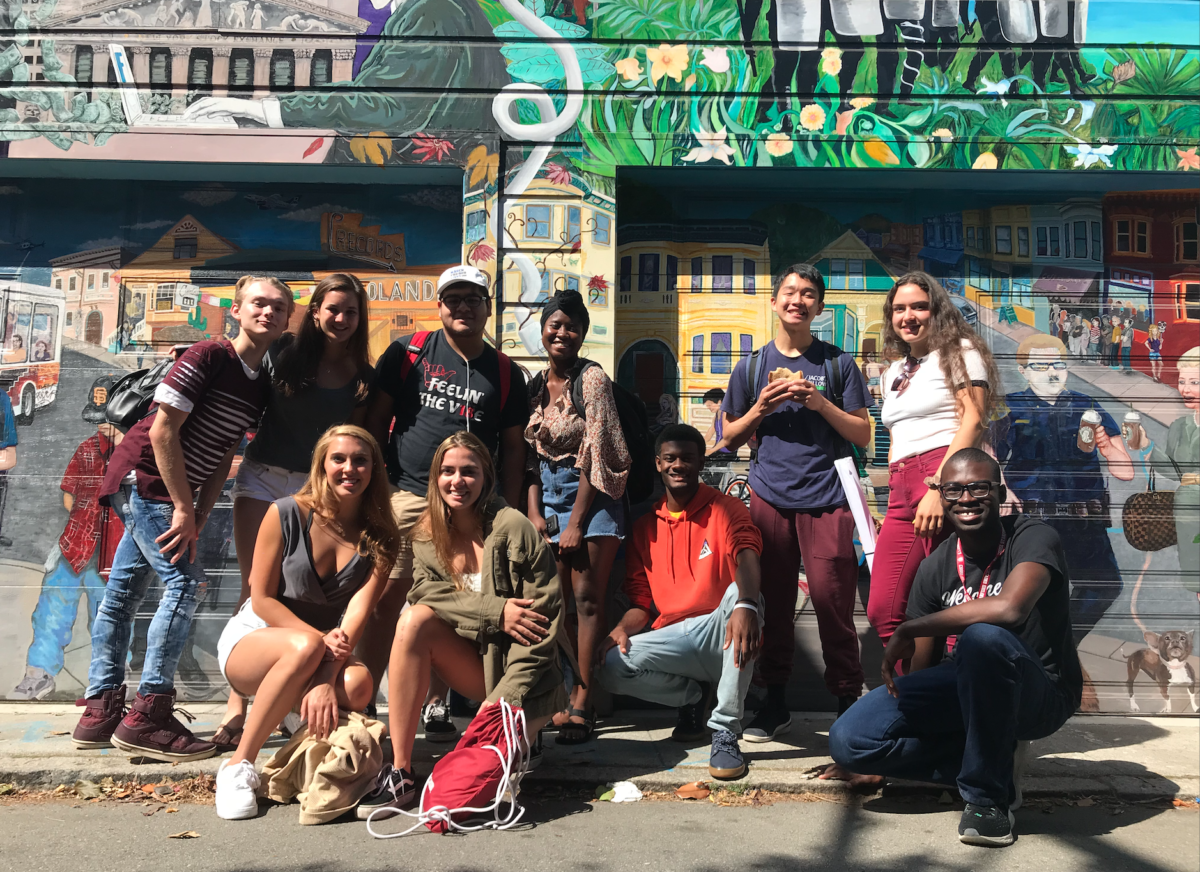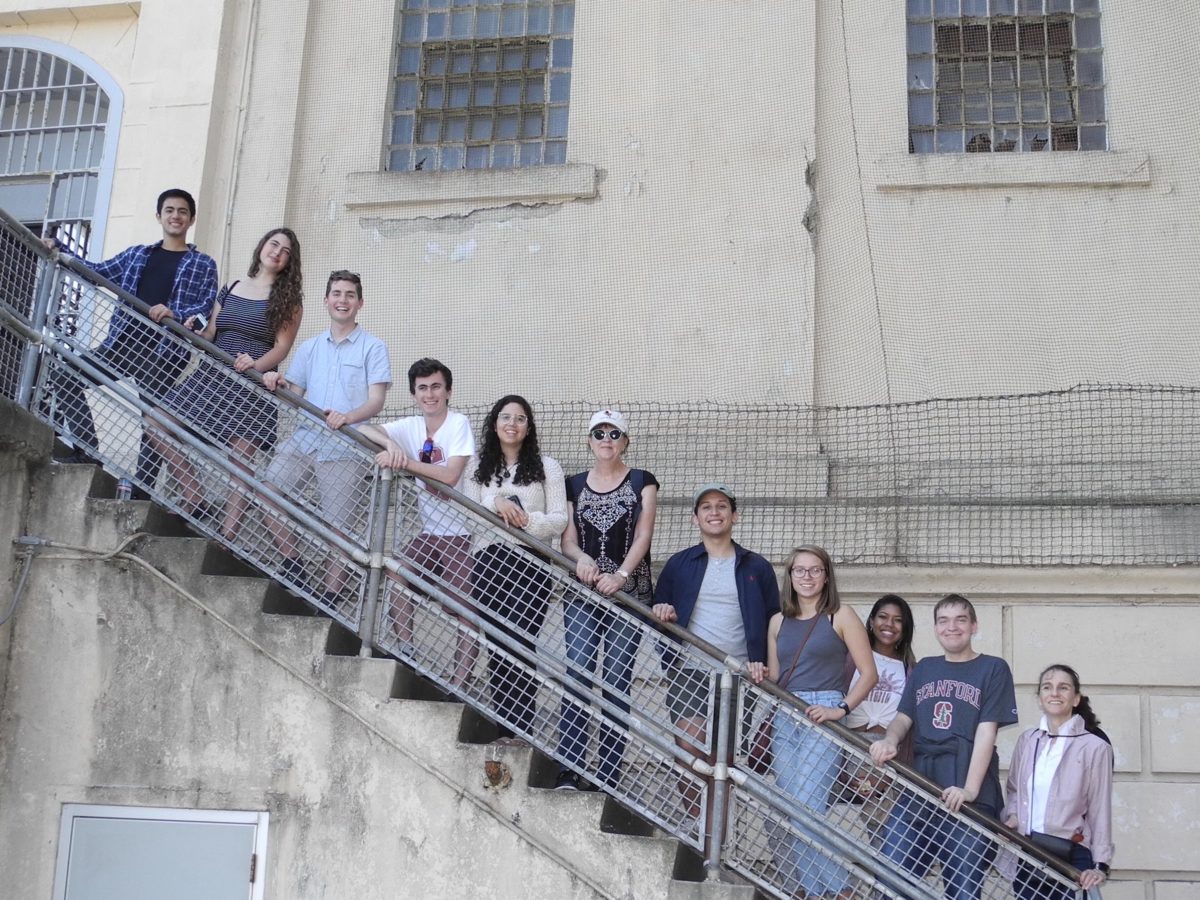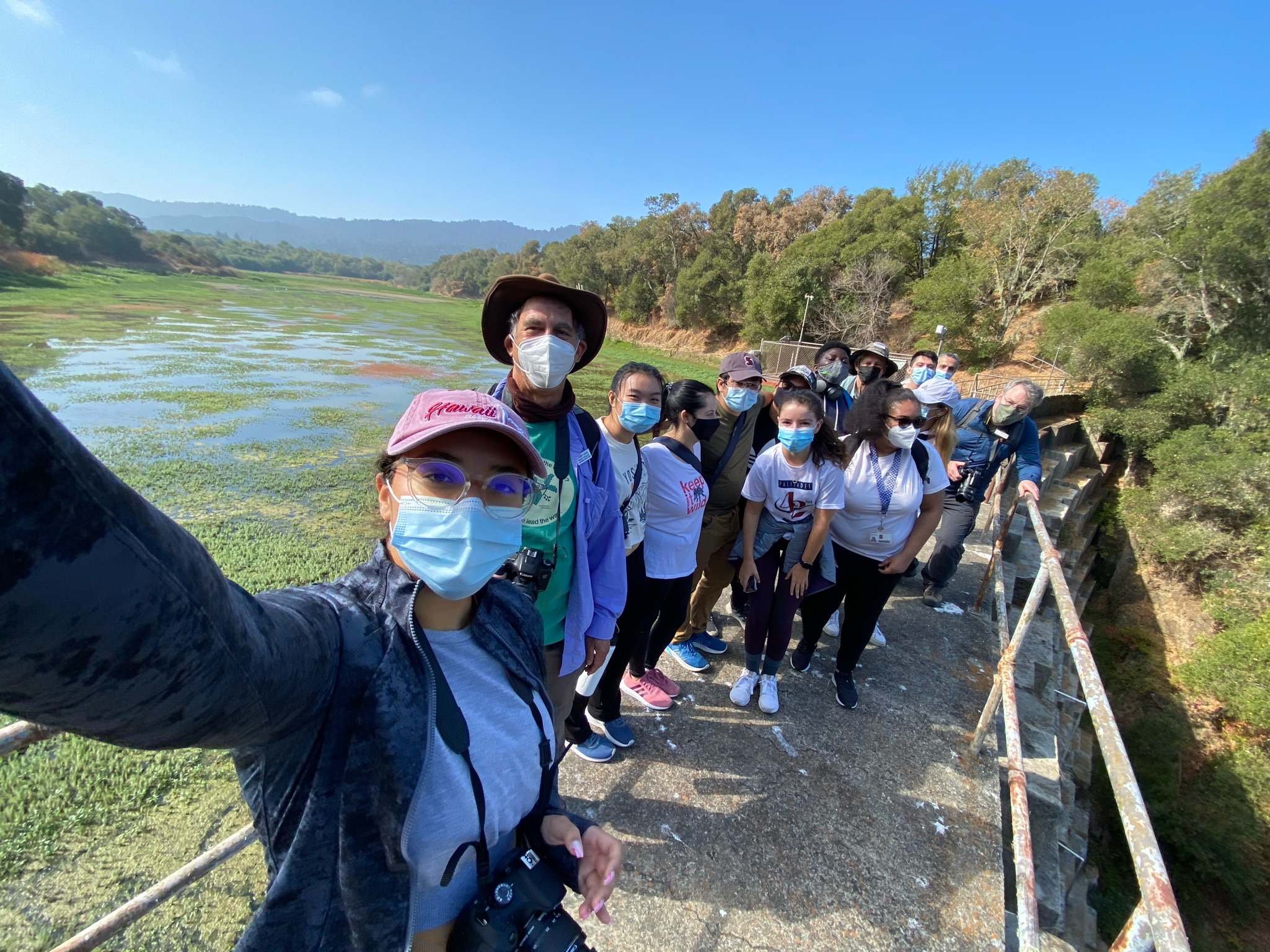As students begin to finalize summer plans, many are awaiting application results from Stanford’s Sophomore College program.
Sophomore College, nicknamed SoCo, is a revered experience for Stanford’s rising sophomores to participate in immersive courses during the three weeks prior to the beginning of the school year. From more local courses like “LGBT History and Culture in the Bay Area” to courses that involve travel like “Evolution and Conservation in Galapagos,” SoCo fosters connections among students and with faculty both in and out of the classroom.
Dayo Mitchell, associate director for Sophomore College and the Introductory Seminars Program, noted that one of the biggest goals of the program is to connect students with faculty. “If we can get students in small classes with faculty, then it tends to be that much of their Stanford career goes better,” she said.
The comfort established between students and faculty often translates to course content, which can become more rigorous and personal.
“Some of our faculty are looking at questions of race or poverty or queerness, and the community that people have means that in the classroom, they can go even further discussing some of those hard questions,” Mitchell explained.
Another main goal of SoCo is allowing students to hone in on one topic. “Typically, you’re doing multiple clubs, multiple classes. So just to focus on one thing is such a relief,” Mitchell added.

Following disruptions due to the pandemic, the program was able to hold in-person courses last year. This year, hoping for minimal disruptions, Mitchell said she feels “optimistic” that the program can be a chance for students to connect. “We’re still learning how to talk to each other, we’re still learning how to live together. So I think SoCo is a pretty good place to do that,” Mitchell said.
Andrew Gerges ’25, who is also a writer for The Daily’s news section, applied to a SoCo course called “The Face of Battle.” He was drawn to apply partly because “the dates lined up well with [his] summer plans,” but also thanks to “raving reviews on Carta.”
The course, which discusses the strategies and outcome of warfare, includes course trips to Washington, D.C. and Montana. Gerges hopes “to gain some new friends and good memories in D.C. and Montana” from the course, as well as enhance his understanding of international relations.
“I believe that the small class cohort, and the fact that it’s just the one class for 3 weeks, will mean that students in SoCo classes will get to know one another well and become great friends,” Gerges wrote in an email to The Daily.
Last year, Maleah Webster ’24 was moved to participate in the French Immersion SoCo course, “French Immersion: Contemporary Issues in the French-Speaking World,” due to unforeseen road bumps in her prior language studies, notably online French courses during the pandemic.
Like Gerges, she hoped to dive deeply into her love for a specific area of study. “I missed French, I was craving a language-learning community, and I wanted to immerse [myself],” Webster wrote in an email to The Daily.

She ended up “loving it,” thanks to her professor, classmates and Sophomore College Assistants (SCAs). This led her to decide to serve as an SCA for the course this year. “I wanted to be part of that magic again,” Webster wrote.
Leading up to the course, SCAs are required to take part in meetings and trainings, both for their individual courses and the entire program, to prepare them for roles such as “guid[ing] discussions on coursework and… help[ing] with class concerns,” Webster explained. Outside of the classroom, SCAs are also expected to “organize events,” and be “available to help with any dorm problems.”
Professor of East Asian Languages and Cultures and Comparative Literature Haiyan Lee first taught her course “Cult of Happiness” in 2015. She developed the course, which she described as “a comparative study of notions of happiness and the good life in China and the U.S.” specifically for SoCo.
She was drawn to the topic because happiness “looms so large in the American imagination,” she wrote in a comment to The Daily. Though the course discusses happiness, Lee does not label it as “a self-help or wellness course,” but instead as a “critical humanities course.”
“I was interested in whether older notions of happiness tied more to luck than to agency have any instructive value for us today. That is to say, whether the idea that one stumbles on happiness rather than pursue it may not be all that absurd or obsolete,” Lee wrote.
Similar to Mitchell, an exciting distinction for Lee between SoCo courses and regular quarter courses lies in interest.
“SoCo students choose their classes on the basis of intellectual passion and curiosity, not necessity. That makes a huge difference,” Lee wrote.
Highlights of the course include “intense daily conversation about life’s big questions,” as well as “informal lunch chats and bonding activities and field trips,” Lee wrote. A favorite project in the course is the “dating project,” though Lee wrote that “you’ll have to enroll in the class or ask a friend to find out about it.”
Some courses still have open spots, and students are still eligible to apply.
This article has been updated to include the names of the photographers in addition to the name of the person who provided the photos. The photo caption of the featured image has also been updated to reflect the correct class and location that the photo was taken in.
